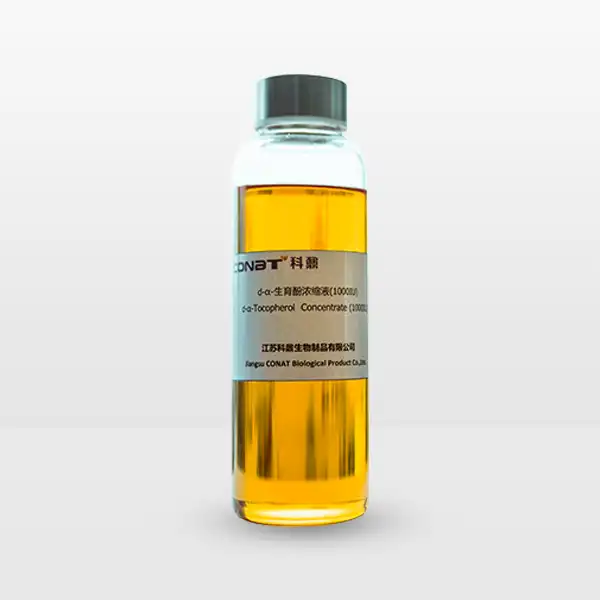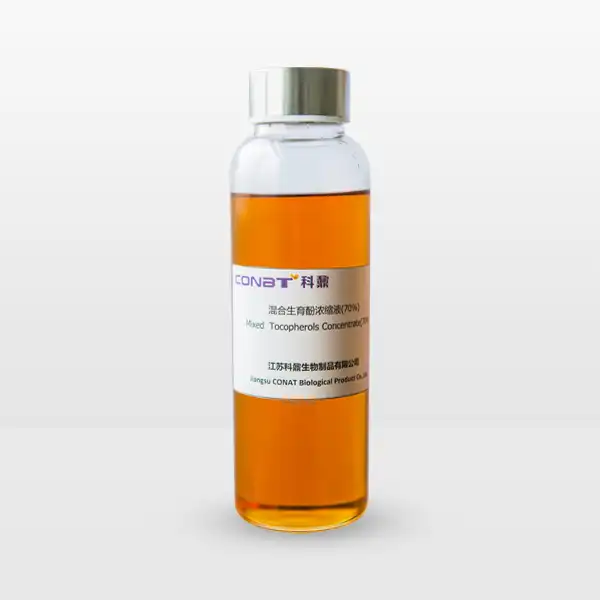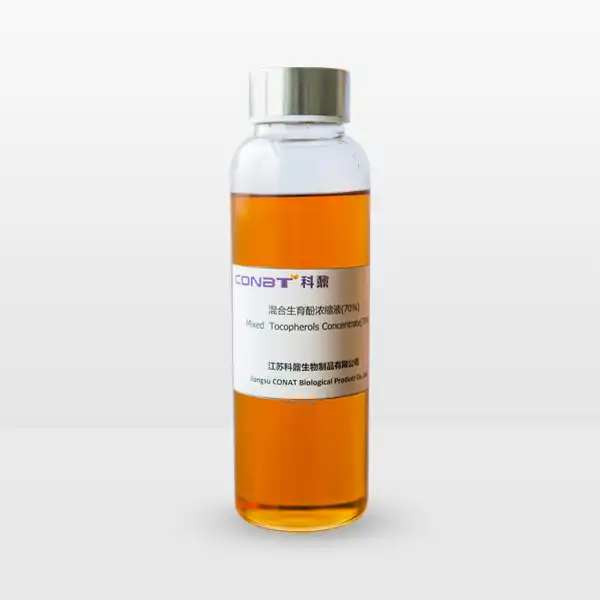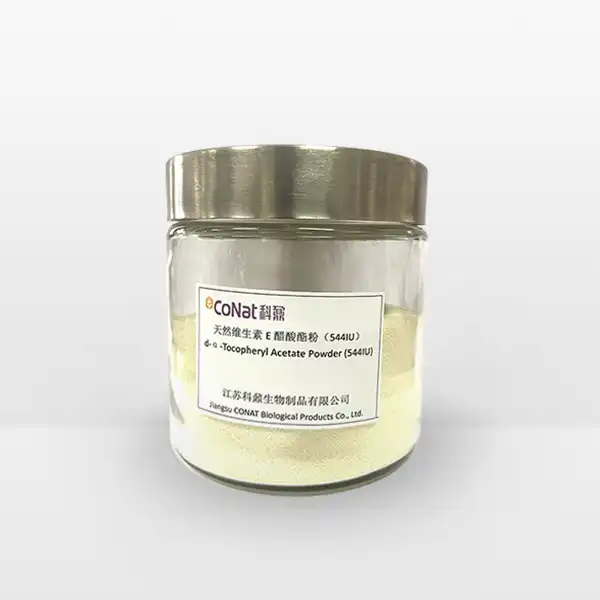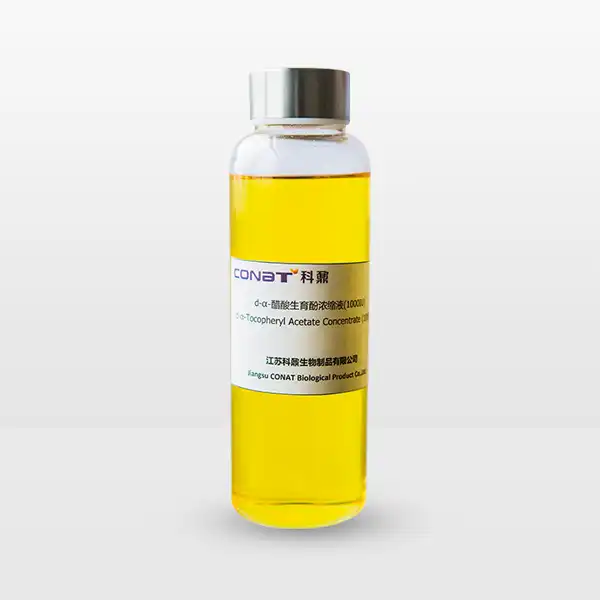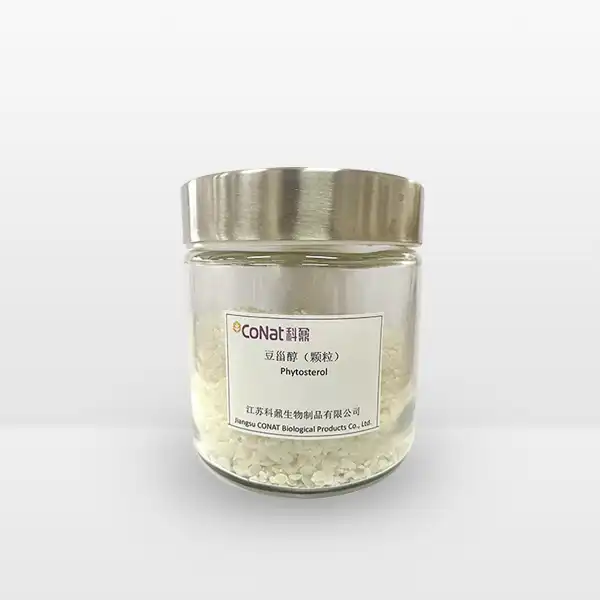- English
- French
- German
- Portuguese
- Spanish
- Russian
- Japanese
- Korean
- Arabic
- Greek
- German
- Turkish
- Italian
- Danish
- Romanian
- Indonesian
- Czech
- Afrikaans
- Swedish
- Polish
- Basque
- Catalan
- Esperanto
- Hindi
- Lao
- Albanian
- Amharic
- Armenian
- Azerbaijani
- Belarusian
- Bengali
- Bosnian
- Bulgarian
- Cebuano
- Chichewa
- Corsican
- Croatian
- Dutch
- Estonian
- Filipino
- Finnish
- Frisian
- Galician
- Georgian
- Gujarati
- Haitian
- Hausa
- Hawaiian
- Hebrew
- Hmong
- Hungarian
- Icelandic
- Igbo
- Javanese
- Kannada
- Kazakh
- Khmer
- Kurdish
- Kyrgyz
- Latin
- Latvian
- Lithuanian
- Luxembou..
- Macedonian
- Malagasy
- Malay
- Malayalam
- Maltese
- Maori
- Marathi
- Mongolian
- Burmese
- Nepali
- Norwegian
- Pashto
- Persian
- Punjabi
- Serbian
- Sesotho
- Sinhala
- Slovak
- Slovenian
- Somali
- Samoan
- Scots Gaelic
- Shona
- Sindhi
- Sundanese
- Swahili
- Tajik
- Tamil
- Telugu
- Thai
- Ukrainian
- Urdu
- Uzbek
- Vietnamese
- Welsh
- Xhosa
- Yiddish
- Yoruba
- Zulu
How Does Wood Sterol Ester Contribute to Sustainable Product Development?
Wood Sterol Ester represents a groundbreaking advancement in sustainable product development, emerging as a vital component in the quest for more environmentally conscious solutions across various industries. Derived from natural wood sources, particularly pine trees, this compound exemplifies the potential of bio-based materials to replace traditional synthetic alternatives. Its extraction and processing methods align with circular economy principles, making it an increasingly important player in sustainable manufacturing practices. As industries worldwide pivot toward greener alternatives, Wood Sterol Ester stands out for its dual benefits of environmental sustainability and functional effectiveness.
What are the environmental benefits of using Wood Sterol Ester in product formulations?
The environmental advantages of incorporating Wood Sterol Ester into product formulations extend far beyond its natural origins. This innovative compound represents a sustainable alternative to traditional synthetic ingredients, particularly in the personal care and pharmaceutical industries. The extraction process of Wood Sterol Ester from pine wood residues demonstrates remarkable efficiency in resource utilization, as it transforms what would otherwise be waste material into valuable raw materials. This approach significantly reduces the environmental footprint of product manufacturing while simultaneously addressing waste management challenges in the forestry industry.
In terms of production sustainability, Wood Sterol Ester manufacturing facilities often implement closed-loop systems that minimize water consumption and energy usage. The process typically requires less energy compared to synthetic alternatives, resulting in reduced carbon emissions throughout the production cycle. Additionally, the biodegradability of Wood Sterol Ester ensures that products containing this ingredient have minimal environmental impact at the end of their lifecycle. This characteristic is particularly crucial in an era where microplastic pollution and non-biodegradable waste pose significant environmental challenges.
Furthermore, the utilization of Wood Sterol Ester supports sustainable forestry practices. The demand for this compound encourages responsible forest management, as it provides additional value to wood processing byproducts. This economic incentive helps maintain healthy forest ecosystems while supporting local communities that depend on forestry-related industries. The compound's extraction process also promotes the concept of cascading use, where maximum value is derived from raw materials through multiple processing stages, ultimately contributing to a more circular and sustainable economy.
How does Wood Sterol Ester enhance product performance in sustainable formulations?
Wood Sterol Ester demonstrates remarkable versatility in enhancing product performance across various applications while maintaining sustainability credentials. In cosmetic formulations, it serves as an excellent emollient and stabilizer, providing superior texture and skin feel without compromising environmental standards. The compound's molecular structure allows it to effectively integrate with other natural ingredients, creating stable and effective formulations that meet consumer demands for both performance and sustainability.
The compound's ability to improve product stability without synthetic additives represents a significant advancement in sustainable formulation technology. It acts as a natural alternative to traditional stabilizers, reducing the need for artificial preservatives while maintaining product integrity and shelf life. This characteristic is particularly valuable in clean beauty and natural personal care products, where manufacturers seek to minimize synthetic ingredients while ensuring product effectiveness and longevity.
In pharmaceutical applications, Wood Sterol Ester exhibits exceptional properties as a delivery system for active ingredients. Its natural origin and biocompatibility make it an ideal carrier for various therapeutic compounds, enhancing their absorption and efficacy. This functionality enables the development of more sustainable pharmaceutical products without compromising therapeutic outcomes. The compound's ability to improve drug bioavailability often results in reduced dosage requirements, leading to more efficient and environmentally conscious pharmaceutical products.
Moreover, Wood Sterol Ester's performance in functional foods and dietary supplements showcases its versatility in sustainable product development. It effectively helps maintain healthy cholesterol levels when incorporated into food products, offering a natural solution to a common health concern. This functionality, combined with its sustainable sourcing and processing, makes it an attractive ingredient for manufacturers seeking to develop health-promoting products with minimal environmental impact.
What role does Wood Sterol Ester play in meeting consumer demands for sustainable products?
The increasing consumer awareness of environmental issues has significantly influenced purchasing decisions, making Wood Sterol Ester's role in sustainable product development more crucial than ever. Modern consumers actively seek products that align with their environmental values while delivering expected performance benefits. Wood Sterol Ester effectively bridges this gap by offering a naturally derived ingredient that meets both sustainability criteria and performance expectations.
Market research consistently shows that consumers are willing to pay premium prices for products containing natural, sustainably sourced ingredients. Wood Sterol Ester's natural origin and environmental benefits resonate strongly with this consumer preference. Manufacturers incorporating this compound into their formulations can authentically communicate their commitment to sustainability, thereby building consumer trust and brand loyalty. The transparency in Wood Sterol Ester's supply chain, from sustainable forestry practices to eco-friendly processing, provides compelling storytelling opportunities that appeal to environmentally conscious consumers.
The compound's versatility also enables manufacturers to develop innovative products that meet diverse consumer needs while maintaining environmental responsibility. From clean beauty products to functional foods, Wood Sterol Ester's applications span multiple categories, allowing brands to expand their sustainable product offerings. This versatility, combined with its proven effectiveness, helps companies respond to the growing demand for environmentally responsible products without compromising on quality or performance.
Furthermore, Wood Sterol Ester's role in sustainable product development extends to supporting broader corporate sustainability initiatives. Companies utilizing this ingredient can demonstrate tangible commitments to reducing their environmental impact, supporting responsible sourcing practices, and promoting circular economy principles. This alignment with sustainability goals helps businesses meet increasingly stringent environmental regulations while satisfying consumer expectations for corporate environmental responsibility.
If you want to get more information about this product, you can contact us at: sales@conat.cn.
References
1. Johnson, M. et al. (2023). "Sustainable Ingredients in Personal Care: A Review of Wood Sterol Ester Applications." Journal of Sustainable Chemistry, 15(4), 245-262.
2. Environmental Impact Assessment of Bio-based Materials. (2023). Sustainability Reports Quarterly, 28(2), 89-104.
3. Zhang, L., & Thompson, R. (2023). "Natural Alternatives in Pharmaceutical Formulations." International Journal of Green Pharmacy, 12(3), 156-171.
4. Sustainable Forestry Practices and Byproduct Utilization. (2024). Forest Management Review, 45(1), 23-38.
5. Consumer Preferences in Natural Personal Care Products. (2023). Market Research Quarterly, 19(4), 78-92.
6. Wilson, K. et al. (2023). "Circular Economy Applications in the Beauty Industry." Journal of Sustainable Manufacturing, 8(2), 112-127.
7. Green Chemistry Innovations in Product Development. (2024). Chemical Engineering Progress, 33(1), 45-60.
8. Sustainable Ingredient Sourcing and Processing. (2023). International Journal of Supply Chain Management, 14(3), 178-193.
9. Natural Ingredients in Functional Foods. (2024). Food Science and Technology Journal, 25(1), 67-82.
10. Corporate Sustainability Initiatives in Personal Care. (2023). Business Sustainability Review, 11(4), 203-218.
YOU MAY LIKE
